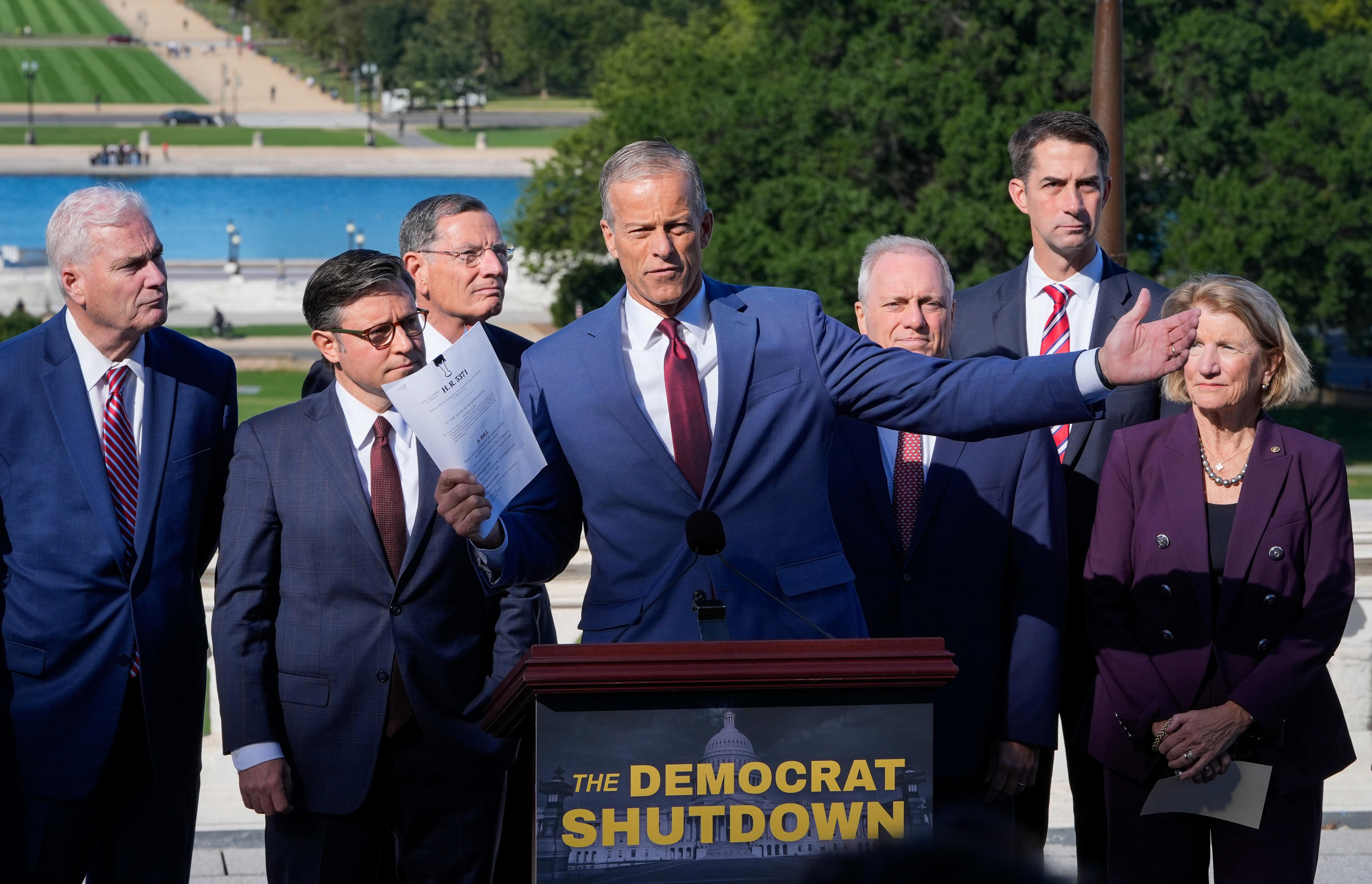Ben and Candy Carson's Struggle for Families

A Lasting Partnership
Dr. Ben Carson, a renowned neurosurgeon, former Republican presidential candidate, and former U.S. Housing and Urban Development secretary, is known for his strong public presence. However, those who follow his social media accounts will notice that he is not alone in sharing the spotlight. His wife, Candy Carson, plays an equally significant role in their public life. She is credited on the cover of many of his books and has been a constant presence in his career. The Carsons have built a partnership that extends beyond personal life into professional endeavors, making it difficult to find a public-facing platform where they are apart.
This close collaboration is by design. The Carsons, who will be honored by the Sutherland Institute at its 30th anniversary awards dinner, are recognized as prominent advocates for the American family. Their work, particularly in the 2024 book "The Perilous Fight," highlights their commitment to defending the family as a core institution. The Sutherland Institute’s decision to present the Family Values Award to both Dr. and Candy Carson together reflects the deep connection between their lives and work.
Rick Larsen, president and CEO of the Sutherland Institute, explained that while the award was initially considered for Dr. Carson alone, the team realized how integral Candy Carson is to their message. “When you read their book and Candy’s book, ‘A Doctor in the House,’ you realize they’re inseparable,” Larsen said. “They’re in this together.”
A Half-Century of Partnership
Dr. Carson and Candy have been married for 50 years, and their relationship has evolved over time. In the early days of his medical career, Dr. Carson was incredibly busy as a pediatric neurosurgeon. When he became director of pediatric neurosurgery at Johns Hopkins, the division was not well-known. He spent years working to elevate its reputation, which eventually led to it being named the No. 1 pediatric neurosurgery division by U.S. News and World Report in 2008.
During this time, Candy focused on raising their children. Despite having an advanced degree from Yale and an MBA, she put her career on hold to care for their family. At the same time, she was also starting the Carsons Scholars Program, which provides college scholarships to students who excel academically and serve their communities.
Defending Family and Faith
In today’s political climate, discussing families and communities of faith can be controversial. The Sutherland Institute has long defended these institutions based on data and historical evidence. “Data shows that intact families in communities of faith tend to thrive,” Larsen said. “We’re completely aligned with Dr. Carson and Candy Carson’s new book where they make these points.”
The Carsons argue that the American family is under attack from various forces, including modern-day Marxists, socialists, and globalists. They reference W. Cleon Skousen’s 1958 book “The Naked Communist,” which outlines strategies aimed at undermining traditional values. These include discrediting the family and encouraging promiscuity and easy divorce.
The Perilous Fight
The title of the Carsons’ book, "The Perilous Fight," is inspired by a line from "The Star-Spangled Banner." They use this metaphor to describe the ongoing challenges facing the American family. Like Fort McHenry during the War of 1812, the family is under sustained attack, with enemies chipping away at its foundation for decades.
For Dr. Carson, the importance of a strong, two-parent family stems from his own childhood. His father left when he was young, and his mother worked multiple jobs to support her sons. Despite having only a grade-school education, she instilled a love of learning in her children. One of the most poignant stories involves her requiring her sons to write book reports every week, even though she could not read them herself.
Education as a Solution
Dr. Carson believes that education is key to addressing many of the challenges facing society. He argues that ignorance is a major issue, citing examples of people who lack basic knowledge. “We have to fight that,” he said. “We have to educate people so they understand the values that have made this nation prosperous.”
Through the American Cornerstone Institute, the Carsons are working to promote conservative principles and policy solutions. Their Young Patriots program aims to teach children to value faith, liberty, community, and life. “We have a wonderful story to tell with this nation,” Dr. Carson said. “It has a moral base, and as we allow all of that to recede, we’re suffering the consequences.”








